Zen Poetry Is Blowing My Mind Right Now, Man
The cornerstone is laid, my dream Indestructible. But Then I sneeze- The city rises like the phoenix. -Shinkichi Takahashi
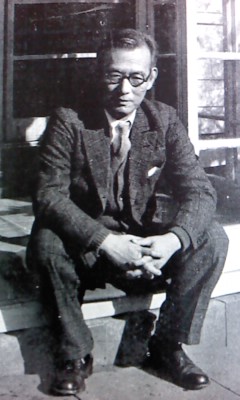
I was talking to an old friend from The Philadelphia Satsang the other day, and she wanted to know what I was reading. That’s one of the kind of things we talk about. Better that than gossip, right? I was excited to answer, because I’m on this Zen Poetry kick. I don’t like saying things like ‘I’m on a zen poetry kick right now’, because I think it sounds pretentious, I can hear John Cusack’s character from High Fidelity making fun of Tim Robbin’s character, ‘he wears rings and reads zen poetry’.
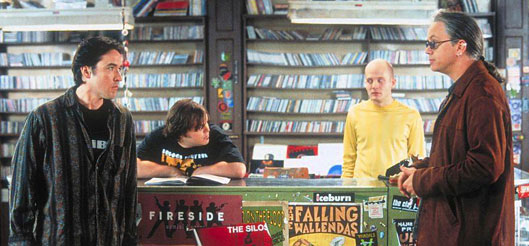
I went up to Oregon last month, to help my friend pick out a little school bus to transform into an rv/tiny house. On the way back down, I stopped in Eugene, my stomping grounds from 95-00. I wanted to do some of the old things I used to do. One of my old rituals was, I’d go to John Perry’s yoga class, and then I’d spend an hour or two going through the yoga section at Smith Family Books. They shared a building. It’s really where I got my initial yoga education. Their yoga book section was huge, and was mixed in with books on channeled pleiadian teachings, buddhism, shamanism. It’s where I first really dug into Ram Dass.

So, It was college, and I didn’t have a ton of money to spend on extra books. I could do the Ramen Noodle equivalent of book collecting. And so, I read what I could while I was there, and I would also look for tiny little gems, needles in haystacks. How much wisdom could I buy for the smallest amount of money? What does $3, $4 worth of enlightenment look like?
Shinkichi Takahashi
Well, this trip, $4 bought me a copy of Afterimages: Zen Poems By Shinkcihi Takahasi. Shinkichi was born in 1901, and didn’t spend his entire life cloistered. So there are modern references, of TV, of Mexico, and even some romantic references, that I didn’t quite expect:
And he’s funny, “Exactly thirty years ago my father died, While Autumn flowers were fading. What’s happened since? Don’t ask him-”
And at the same time profound. The poem that I opened this post really spoke to me about the way the mind moves in meditation. Creating entire worlds, destroying them, building them up again, only to have them washed away by forces beyond our control. It happens over and over again, even in a short session, and there is nothing to be done other than to continue breathing, and continue observing. We get taught that all things are impermanent, that all things appear to rise, stay for a time, and then pass away. And we internalize that insight, and start to see it in our lives. But most of the time, when we talk about it, or read about it, it is in a dry, technical way. This is, of course, problematic. Our minds, and our soul require a certain amount of poetry. Poetry shines a light into corners of our mind that a lecture (like this one) just can’t. It’s almost like a little secret. You get it, and a wry smiles crosses your lips, and you grow.
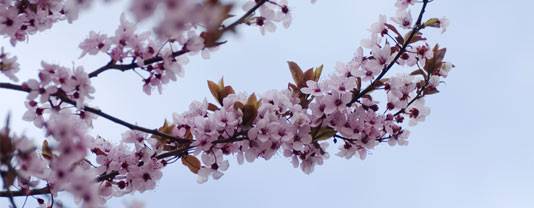
Museo Soseki
Then, Last week, I went to Great Barrington to hang out with Somya’s Family for a little while. Great Barrington is just a town over from Kripalu, so I figured they might have a couple of good used bookstores. We found Yellow House Books. Nice Spot. I got Somya book on Ayurvedic Tongue Diagnosis, stumbled upon a book on Maori Tattooing for my pal Salem, who owns Eye of The Tiger Tattoo, and splurged on another book of Zen Poetry for myself, forking over a whole nine bucks to pick up a copy of Muso Soseki’s Sun At Midnight.

Muso is much more old school. Born in 1275, he lived as a monk from a very early age, and sought a ‘special transmission outside the scriptures’. He became well respected for his insight, so much so, that several warlords and emperors all sought his audience, asking him to live at their various temples. In his later years, he took to tending the temple gardens, and is known as the father of the zen rock garden. Much of his work still stands today.
It is said that he attained enlightenment late in the evening while walking through his hermitage. He had no light, but thought he knew exactly where he was. He put his hand out to steady himself on a wall that was supposed to be there, and instead, found himself lying on the ground. In this moment, he broke through to the other side. He then wrote his satori poem, which is as follows:
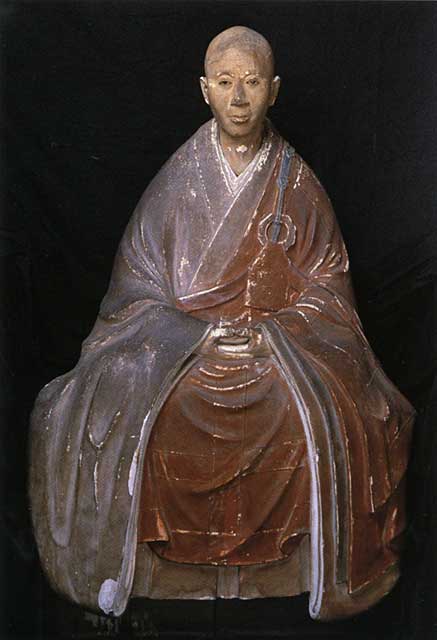
Only to feel the pile of dirt choking me
Until once in the dead of night I tripped on a broken brick and kicked it into the air
and saw that without a thought I had smashed the bones of the empty sky
And this is why I practice. It’s almost instinct to dig with the rational mind, to try to figure out heaven, to try to computate our way into heaven, and it never works. I need to be reminded to that the sky is above me, and all I need to do is lift my head up, and breathe it in.
It only gets better from there. Muso is full of them. I’d love for you to hear more of them, but I really don’t want to type them out any more. Pick up a copy for yourself, your students will thank you.
——–
And, if you liked this article, come and talk about this sort of subject with me at My Next Yin Yoga Weekend. Click Here To Find Out More. Its going to be a whole weekend of empty sky.
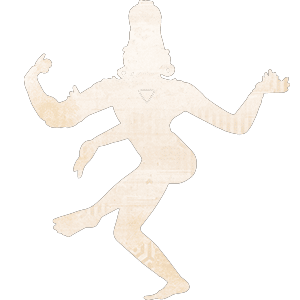
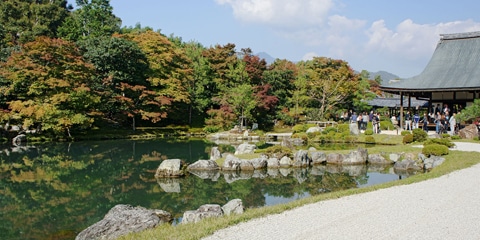
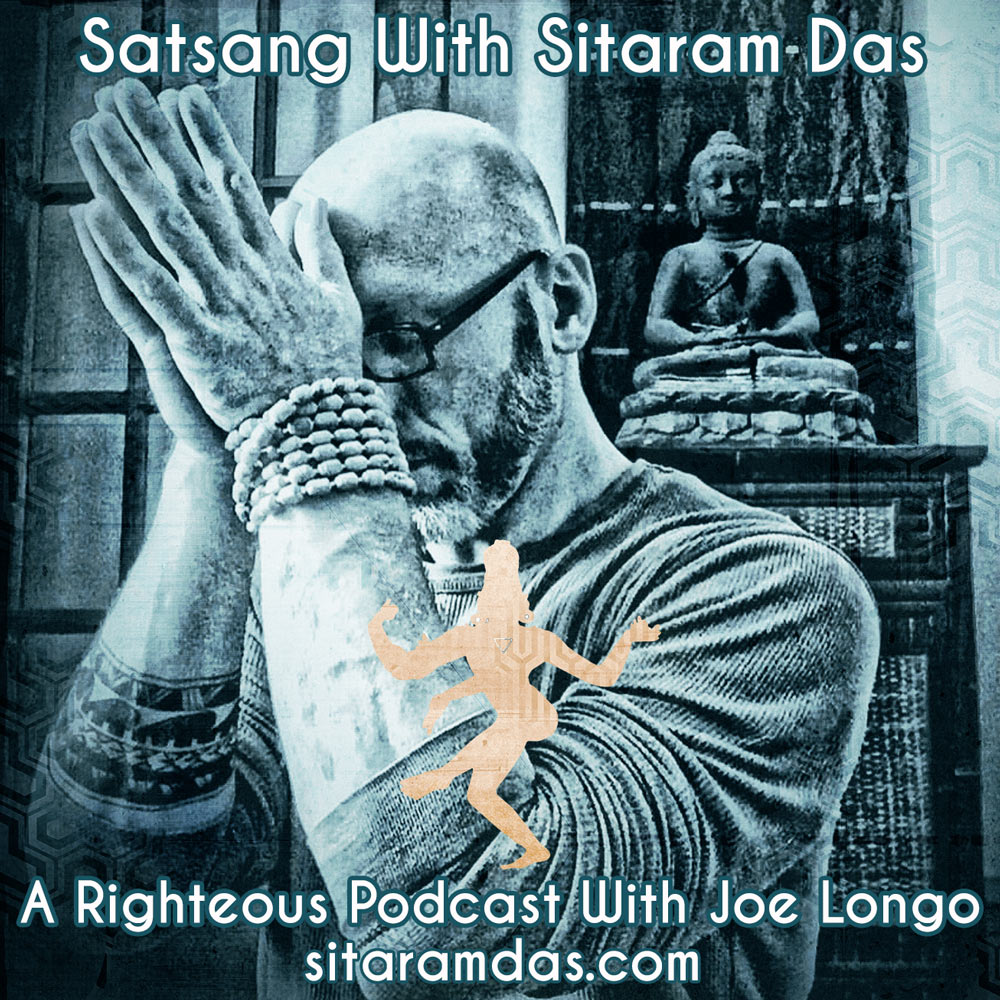
You might want to check out this book when you are ready to start writing your own zen poems.
Poemcrazy by Susan Goldsmith Wooldridge